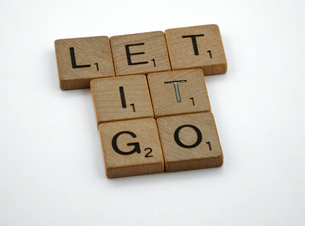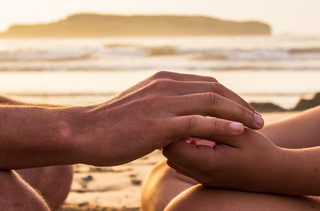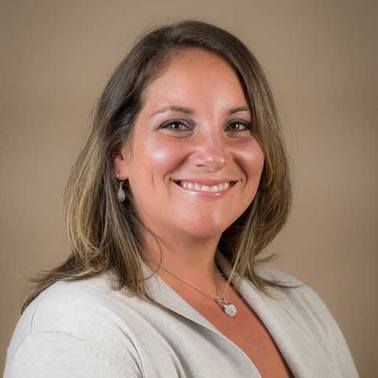Understand your triggers and make a plan to avoid slips and relapses
By Erica Marriaga, MSW, LCSW

Photo by Brett Jordan on Unsplash
Have you ever found yourself questioning an impulsive decision that you made? How about experiencing guilt after working so hard to extinguish an unhealthy action or behavior only to find yourself right back where you started? If you answered yes to any of these questions, you are not alone.
Although the term “relapse” is most commonly associated with addiction to substances, The American Society of Addiction Medicine (ASAM) notes that “relapse” is defined as the recurrence of behavioral or other substantive indicators of active disease after a period of remission. This occurs after being abstinent, or refraining from engagement in a behavior for an extended period of time.
The summer time for some may signify freedom and a break from the hustle and bustle of school, work, and responsibilities. The aftermath of the pandemic also allows for gatherings and celebrations. Many friends, families, and acquaintances are connecting with one another after long periods of time without contact. Excitement, joy, and happiness are emotions that you might be feeling. For others, the thought of normalcy and get-togethers might bring about worry, dread, or apprehension. This might trigger previous habits that you have moved away from.
It is essential to understand triggers so you can avoid them.
Triggers are events, places, situations, or people that create or cause emotions. Triggers can elicit positive and negative experiences.
For example, say you have been attempting to make coffee at home to save money, instead of hitting up the local Dunkin Donuts, Rook, or Starbucks. You’ve been doing well, but one day you drive past your preferred coffee shop. You might notice an urge to pull into the drive thru and order your regular drink. You’ve been triggered by driving past the coffee shop, and your mind might battle with deciding to fight the urge and continue driving or to give in and buy a coffee. Giving in to the urge might be considered a negative if you have committed to not spending money on coffee. Guilt may set in afterwards.
Triggers create urges and urges create emotions. It might sound silly but there are many other triggers that can result in unhealthy and negative behaviors. Some of those might include engaging in alcohol or substance use, going on a shopping spree, falling off the bandwagon of eating in moderation with well-balanced meals.
If you have been motivated and working toward changing any of these (or other) behaviors, you might have a slip up. A slip up is when you might stop for one coffee, or have one cigarette. A slip up is not a relapse. Relapse is a prolonged period of time where you go back to the original behavior.
It is important to remember:
- Relapse can happen at any time. It does not matter how long you have not engaged in this behavior.
- Consider avoiding situations that might put you at a higher risk for engagement in impulsive actions. For example, spending time with friends that engage in unhealthy habits might bring up old memories, resulting in urges to do the same.
- At times, it might not be possible to avoid. It is important to have a plan in place to help you overcome any challenges.
- Viewing relapse as a failure can promote negative beliefs and will trigger further relapse.
Help yourself resist temptation by being prepared
Cravings and urges to engage in impulsive behaviors will pass. It is essential to identify different distraction methods and coping skills that you can use. Exercise, meditation, listening to music, or calling a friend are different ideas to not allow yourself to act on the urges.

Reach Out to a Counselor to Help
As always, if you find yourself struggling in these areas, do not hesitate to reach out for help. A licensed therapist or counselor can help you identify your triggers, name your emotions, and prepare a plan to help you resist temptation. This can empower you to be your best self!
Erica Marriaga is a proud fur-mama of her two rescue dogs, Toby and Tucker. She loves to spend time with her husband and bond with her family, nieces, and nephews. Erica is passionate and enthusiastic about her role as a therapist. EWC has locations in Manalapan and Shrewsbury, NJ, and accepts a variety of insurances.
Check out Erica’s professional bio here!
Email Us: info@exceptionalwellnesscounseling.com
Call Now: (908) 415-2042
NEXT STEPS & RESOURCES
- Are you ready to take your first step? Reach out to us.
- Do you feel you may benefit from counseling during this time? Take the first step.
- Interested in online counseling? Learn more
- Interested in Groups? Reach out to us
- Resources

